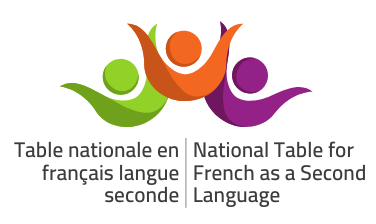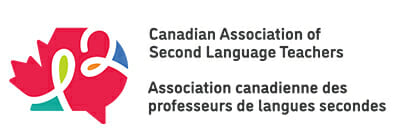Digital platforms and documents for consultation or sharing
FSL Teacher Education Project—Canadian Association of Second Language Teachers (CASLT)
Two documents have been completed, published and are available in the CASLT boutique:
1. Preparing for L2 and FSL Teaching: A Literature Review on Essential Components of Effective Teacher Education for Language Teachers
2. Second Language Teacher Attrition, Retention, and Recruitment: A Literature Review on Issues, Challenges, and Strategies for French as a Second Language Teachers





